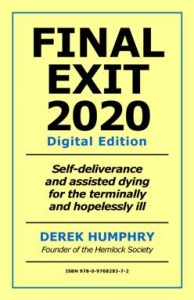Sisters Lila Ammouri and Susan Frazier decided to end their lives at a Swiss assisted dying clinic after becoming “tired of life”, according to an advocate who was advising them.
Dr Ammouri, a palliative care doctor aged 54, and Ms Frazier, 49, had been suffering from medical “frustrations” such as chronic insomnia, vertigo and back pain, Exit International director Philip Nitschke told The Independent.
The sisters had intended to travel from their home in Arizona to Switzerland in early 2021, but the trip was delayed due to the Covid pandemic, he said.
They first contacted Exit, a non-profit assisted dying support group, in September 2020 to say they were exploring options to die by suicide.
“The explanation was that they weren’t 100 per cent well. They were complaining about what you might call frustrations. Collapsed dics, chronic back pain, chronic insomnia, vertigo,” Dr Nitshke told The Independent.
“They had both decided they were tired of life and it was time to go.
“What was very clear was that dying together was non-negotiable, it was very important to them.”
The sisters also revealed to Dr Nitshcke they had endured a “troubled” period in their lives.
“They didn’t give us much detail, but they said they had helped each other through what had been a difficult time and saw themselves as being each other’s best friend.”
Tags: Assisted Suicide, choice in dying, Derek Humphry, Euthanasia, Final Exit, physician-assisted suicide, right to die


